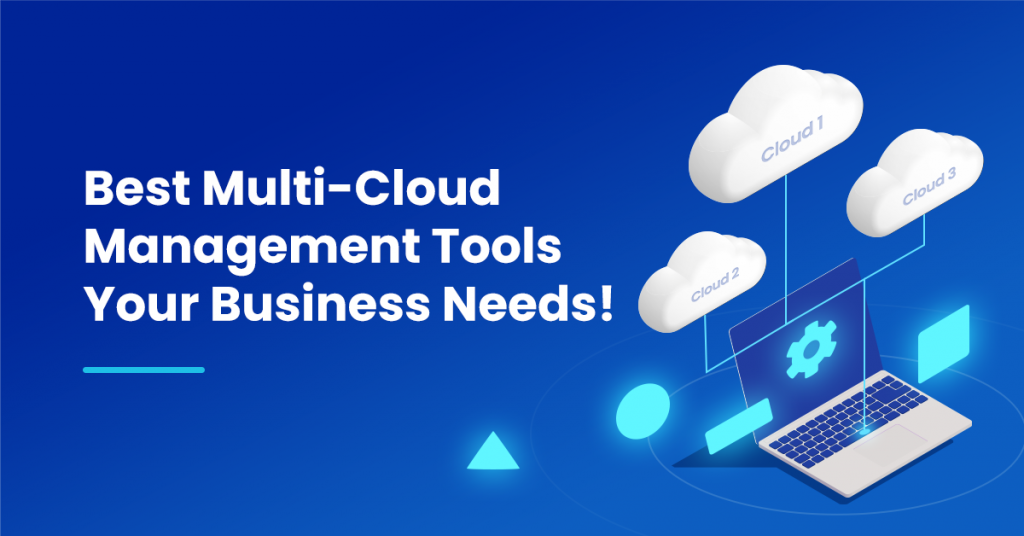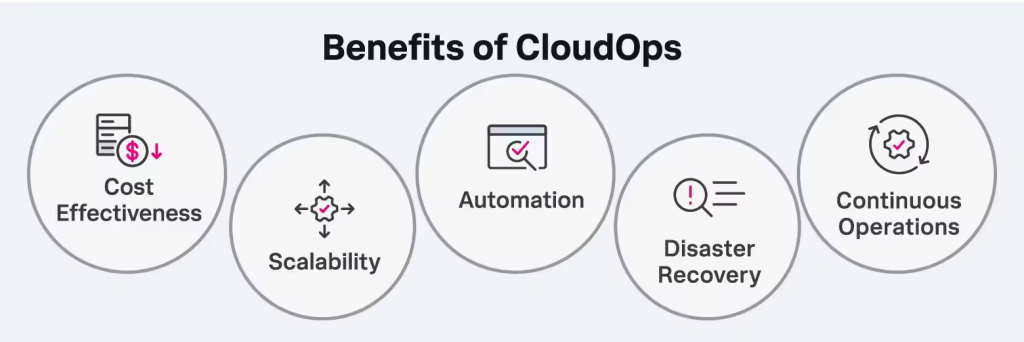
Are you tired of dealing with the hassle of traditional IT infrastructure? Do you want a more flexible and scalable solution? Look no further than CloudOps tools!
What is CloudOps?
Before diving into the tools, let’s first define what we mean by CloudOps. CloudOps is a combination of cloud computing and operations, and it refers to the management and deployment of cloud-based applications and services.
CloudOps involves a wide range of tasks, including configuring and scaling resources, monitoring performance, and ensuring security and compliance. This is where CloudOps tools come in handy.
Types of CloudOps Tools
There are several types of CloudOps tools available, each serving a specific purpose. Here are some of the most popular types:
Cloud Infrastructure Management Tools
These tools help manage the underlying cloud infrastructure, such as virtual machines, containers, and storage. Examples of Cloud Infrastructure Management Tools include Kubernetes, Docker, and Terraform.
Cloud Monitoring Tools
Cloud Monitoring Tools help keep track of the performance and availability of cloud infrastructure and applications. Examples of Cloud Monitoring Tools include Datadog, Nagios, and Prometheus.
Cloud Security Tools
Cloud Security Tools are used to ensure that cloud infrastructure and applications are secure and compliant with industry standards. Examples of Cloud Security Tools include AWS Identity and Access Management (IAM), HashiCorp Vault, and Cloudflare Access.
Cloud Automation Tools
Cloud Automation Tools automate repetitive tasks, such as provisioning and configuring resources, to save time and reduce errors. Examples of Cloud Automation Tools include Ansible, Chef, and Puppet.
Benefits of CloudOps Tools
By using CloudOps tools, you can reap a variety of benefits, including:

Scalability
CloudOps tools enable you to quickly scale resources up or down depending on demand, ensuring that you have the right amount of resources at all times.
Flexibility
CloudOps tools allow you to easily customize and configure your infrastructure to meet your specific needs, without the hassle of traditional IT infrastructure.
Cost Savings
CloudOps tools can help you save money by reducing the need for physical hardware and by automating repetitive tasks.
Conclusion
In conclusion, CloudOps tools are essential for managing and deploying cloud-based applications and services. By using CloudOps tools, you can take advantage of the benefits of cloud computing, including scalability, flexibility, and cost savings. So why not give CloudOps tools a try and see how they can help improve your cloud infrastructure?
- Tips on How to Become a DevOps Engineer - April 28, 2024
- Computer Programming Education Requirements – What You Need to Know - April 28, 2024
- The Role of Big Data in Higher Education - April 28, 2024

